This post was originally published as press release on 27 September 2016.
First of its kind ebook offers essays and poems that explore issues of gender and sexuality, body image, and cultural identity
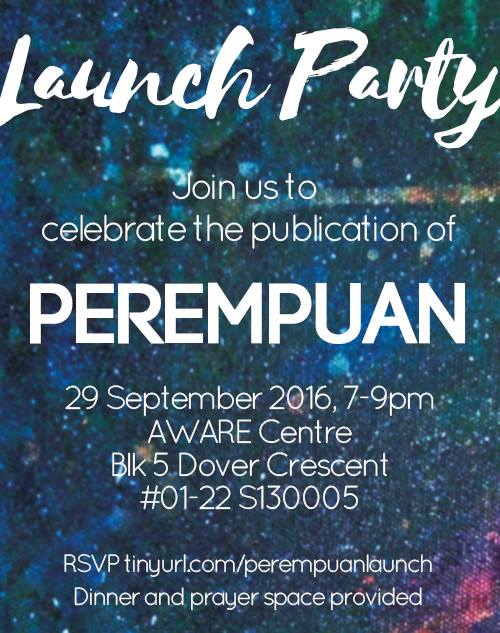 Diana does not wear the hijab but says its cultural weight is still present in the very fact that it is not there.
Diana does not wear the hijab but says its cultural weight is still present in the very fact that it is not there.
Nazihah, who is studying for a diploma in Islamic studies, really wanted to become an engineer but was told engineering is not for girls.
Oman is bisexual but keeps quiet about it, feeling unsafe every time the topic of sexuality comes up in conversations.
Raudah points to the little instances of racism and discrimination, not always intentional, that Muslim women face in the workplace.
‘Batgirl’ listens to Oasis and Bon Jovi as she grapples with the challenges of being the perfect Muslim, with the culture of her community.
These are five of the 31 personal accounts by young Muslim women in Singapore of their complex lives and identities. The accounts appear in a powerful anthology titled “Perempuan: Muslim women in Singapore speak out” that will soon be available as an ebook.
Written mostly in English, with a couple appearing also in Malay, the essays and poems focus on the issues of gender and sexuality, body image, and cultural identity.
The e-book is curated by Gender Equality IS Our Culture (GEC), an AWARE project aimed at promoting greater understanding that women’s rights are compatible with the culture of Muslims in Singapore, Indonesia and Malaysia.
“This is the first publication of its kind written by and for young Muslim women in Singapore,’ said Filzah Sumartono, Project Coordinator of GEC.
“It reveals how Muslim women’s ethnic and religious upbringings have shaped their lives. Even in modern, multicultural Singapore, being a Muslim woman still comes with a myriad of social pressures, expectations and harmful stereotypes – all of which ought to be critically addressed in our everyday social interactions and in our national conversation.”
Said Dr Vivienne Wee, Programme Director of GEC, “Although no one book can fully capture all the voices and perspectives within society, we hope that Perempuan can start conversations within families and between communities about what it can be like living as a Muslim woman in Singapore.”
Perempuan began with an open call in July this year.
“We were pleasantly surprised by the enthusiastic response,” said Filzah Sumartono. “These were clearly stories that needed to be told and were just waiting for a chance to be heard.”
In her foreword, Associate Professor Maznah Mohamed of the National University of Singapore’s Department of Malay Studies, describes the book as “a potent burst of voices from the wellspring of the heart and soul of ordinary women”.
She says: “The writers are the picture of multiple identities – female, Muslim, Singaporean; not necessarily in that order of priority, but the identity overlays, intersections and clashes are the crux of the contemplation.
“Conversations about gender equality, diversity and freedom of choice can begin around these stories, not just among women but also between families and communities.”
Perempuan will be launched on 29 September at 7pm at the AWARE Centre. The e-book will be available for purchase from mid-October 2016 at all major e-book retailers including Amazon, Kindle, Apple iBooks, Kobo, Google Play Books and Bookmate.
For further information, please contact Nabilah at media@aware.org.sg.
About Gender Equality IS Our Culture
Gender Equality IS Our Culture (GEC) is a programme funded by UN Women’s Fund for Gender Equality. GEC works within the local Muslim context to promote gender-equitable interpretations of Islam. GEC has conducted several workshops and support groups for young Muslim women in Singapore, including personal empowerment training and sex education workshops. GEC also facilitates support groups for Muslim women who are single mothers and young Muslim women who have experienced religious trauma. ‘Like’ GEC on Facebook here!




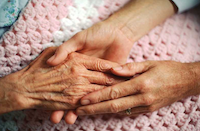 Recent discussion about collective support for retirement have led to concerns that society may incur a tax burden to create a “culture of helplessness” or coddle the personal failure of individuals to work and save (“Extend helping hand, not handouts, to retirees”, 19 Sep). However, this characterisation of state support for the elderly misses out the very real phenomenon of impoverishment in old age.
Recent discussion about collective support for retirement have led to concerns that society may incur a tax burden to create a “culture of helplessness” or coddle the personal failure of individuals to work and save (“Extend helping hand, not handouts, to retirees”, 19 Sep). However, this characterisation of state support for the elderly misses out the very real phenomenon of impoverishment in old age.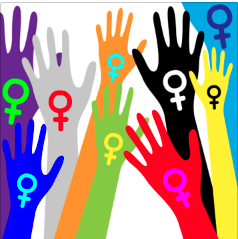 Over the past month, the discussion of race relations and the political representation of minority races has dominated news platforms, with fierce debate taking place around the proposed changes to the Elected Presidency.
Over the past month, the discussion of race relations and the political representation of minority races has dominated news platforms, with fierce debate taking place around the proposed changes to the Elected Presidency.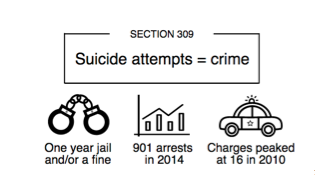 In view of World Suicide Prevention Day, which falls on 10 September, AWARE has today released its report “
In view of World Suicide Prevention Day, which falls on 10 September, AWARE has today released its report “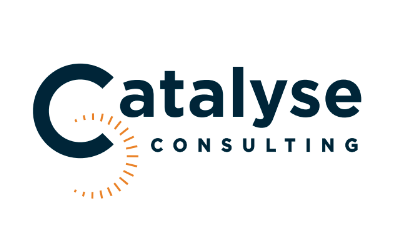
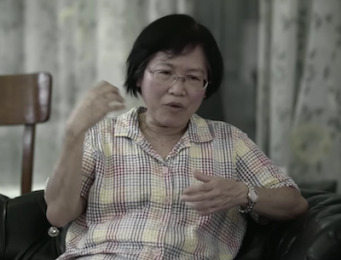 On 4 August, AWARE held a screening of the film ‘1987: Untracing the Conspiracy’, followed by a discussion on the role of women in civil society in the 70s and 80s, as well as the impact that
On 4 August, AWARE held a screening of the film ‘1987: Untracing the Conspiracy’, followed by a discussion on the role of women in civil society in the 70s and 80s, as well as the impact that 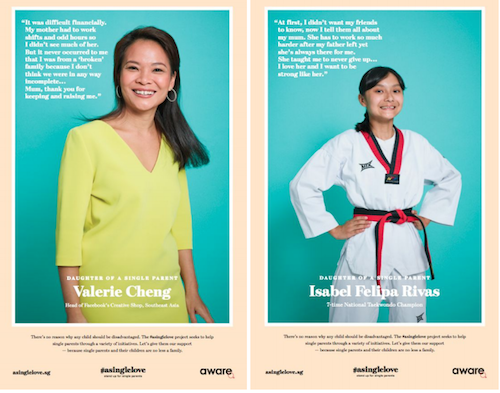 The posters feature quotes by Isabel and Valerie about the obstacles they had to overcome as part of a single-parent family – the financial struggles and the stigma of growing up with only one parent.
The posters feature quotes by Isabel and Valerie about the obstacles they had to overcome as part of a single-parent family – the financial struggles and the stigma of growing up with only one parent.